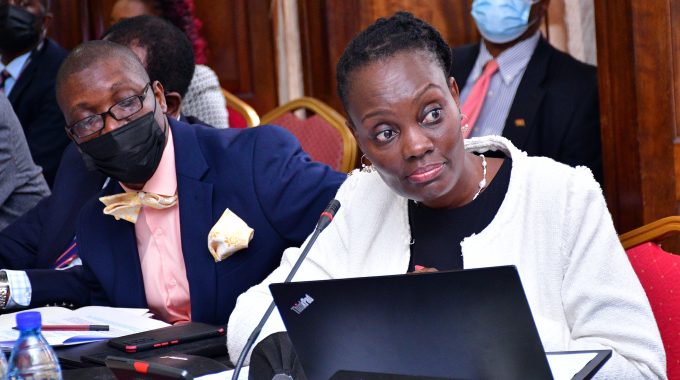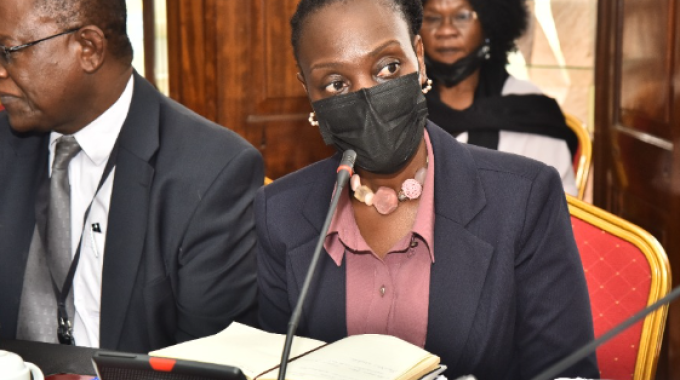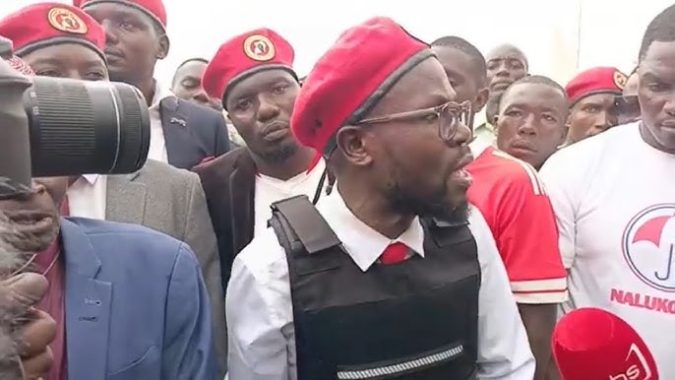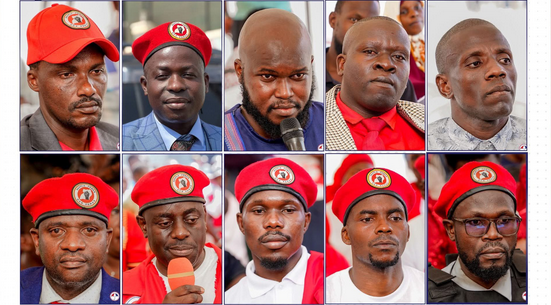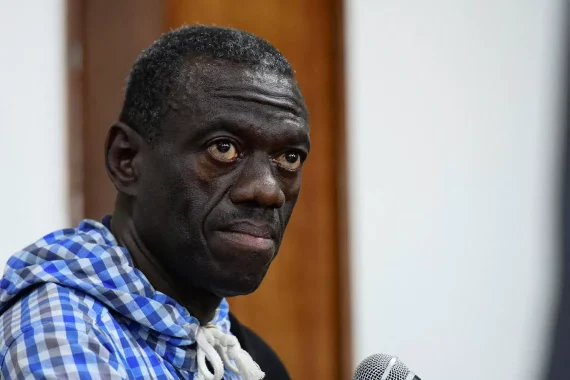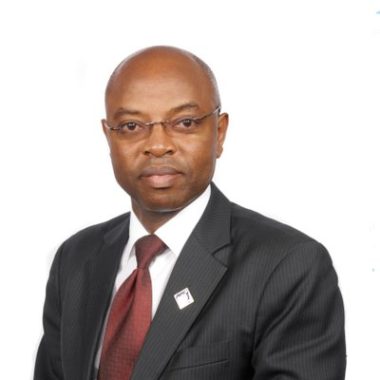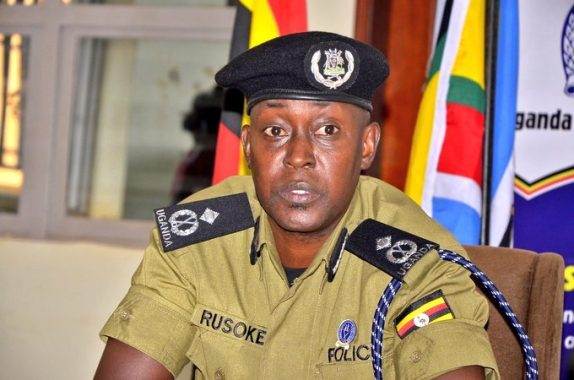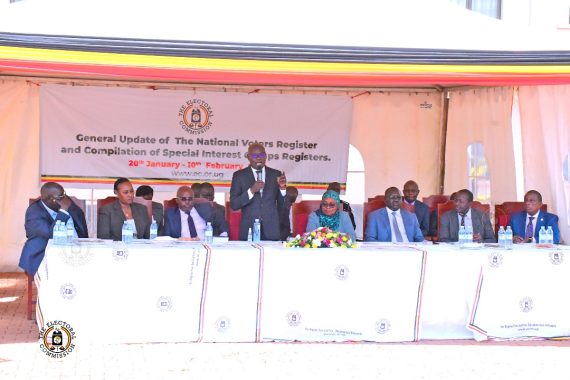Bamuturaki ordered to attend COSASE meetings
The Uganda Airlines CEO Jennifer Bamuturaki on Tuesday afternoon snubbed a meeting with Parliament’s Committee on Commissions, Statutory Authority and State Enterprises (COSASE) on grounds that she was preoccupied with more important matters.
Bamuturaki and other senior officials from the National Airline wrote to COSASE requesting to be permitted to postpone their meetings until 2nd September 2022.
Michael Kaliisa, the Uganda Airlines Quality Assurance Manager, further explained that the coincidence could not allow all top officials to be in attendance because they are already engaged with pre-planned activities that clashed with the COSASE meeting.
However, the COSASE Chairperson Joel Ssenyonyi (Nakawa West MP), had no kind response to their request. He accused the Airline management of acting without seriousness by requesting to reschedule on the same day of the meeting.
Ssenyonyi, then issued summons to Bamuturaki and company to either appear on Wednesday or face arrest, and be forcefully produced by the Police.
COSASE are investigating the airlines for alleged corruption and financial loss to the government in billions of shillings as highlighted in the Auditor General report of the Financial Year 2020/2021.
Bamuturaki ordered to attend COSASE meetings
The investigations, however, took a major twist when the committee discovered that top officials at the institution were earning enormous salaries besides registering losses and that the CEO Bamuturaki lacked requisite qualifications and papers to run the national carrier.
The Committee also discovered that prior to her presidential appointment as CEO, Bamuturaki, as the Commercial Director, and doubling as the Contracts Manager connived with the former CEO Ephraim Kalyebara Bagenda to exclusively solicit for Abbavater Group Limited to undertake public relations work for the Airline without competitive bidding process.
This led to the award of USD 540,000 (about UGX2.067 billion) service contract to the Abbavater Group without following the procedures of the Public Procurement and Disposal of Public Assets (PPDA) Act of 2003.




